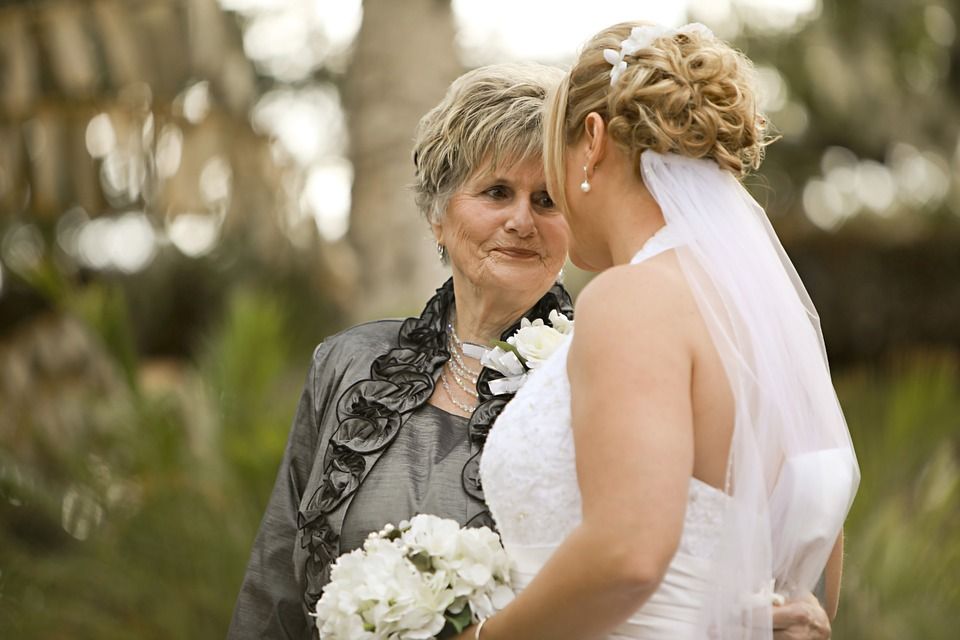“Toilets are like mothers-in-law: the farther away the better.” – Korean proverb.
Ah, the old mother-in-law jokes. There are plenty of them and they seem know no boundaries, extending across borders and cultures as seamlessly as a stocking.
They are abundant in Denmark too, but perhaps opposed to many other nations (or maybe it’s all just hot air), most Danes would rather keep their mother-in-law situation as it is, given the choice.
According to a new YouGov survey conducted on behalf of BTMX, if they were given a choice, 64 percent of Danes would keep their current mothers-in-law rather than getting a replacement.
It’s uncertain whether the thought behind the answer was down to current mother-in-laws being ‘a known quantity’ compared to a replacement, but the survey showed that only 8 percent were completely in agreement with the statement: “I would change my mother-in-law if it were possible.”
Rodney Dangerfield and Les Dawson would be turning in their graves.
Some 11 percent said they partially agreed with the statement, 13 percent were ambivalent to the statement and 3 percent were apparently so flabbergasted that they declined to answer. Perhaps their mothers-in-law were standing next to them.
READ MORE: Mio Dio! Danes can learn to gesticulate like Italians
Women leading the way
Still, according to Per Schultz Jørgensen, a pensioned professor and child and family researcher, it was disconcerting that 19 percent of Danes would consider getting rid of their mothers-in-law.
“Every fifth person has trouble with their mother-in-law, and that’s a relatively high figure I believe,” Jørgensen, told Metroxpress newspaper.
“The mother-in-law is often a little out of bounds and has always been the one that meddles too much in their children’s relationships. I some families she can be a source of irritation to the point that her behaviour is destructive to a good relationship.”
Jørgensen said that the bog problem with mothers-in-law is that they often get too involved in situations without daughters and sons finding it to be problematic – and meanwhile negativity is building up in their partners, who don’t find it acceptable.
Jørgensen also said that it’s mostly women who carry the most aggression about mothers-in-law around on their shoulders, something the survey also revealed.
“Boys and mothers are a special, intricate combination,” Torben Bechmann Jensen, a social psychologist at the Department for Psychology at the University of Copenhagen, told Metroxpress.
“Mothers want very much to protect their sons and give them special care. Mother-in-laws, for instance, have a tough time figuring out that her role is in life as a house mother vanishes when the son get a girlfriend or moves out.”















